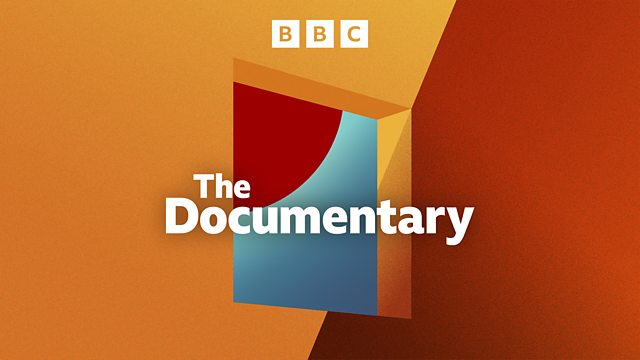
Licence To Operate A Space Object
The night sky holds so much power - why are we not fighting harder to protect it?
Since humans have been on earth, the sky at night has caused many to gaze upwards, open-mouthed in astonishment. Beyond its beauty, it has facilitated both the development and advancement of human and animal life on Earth. Celestial navigation guided humans across the seas, forming new trade routes and civilisations. The constellations also signalled when winter or summer was approaching so people would know when to sow their crops.
But for decades, the night sky has been changing dramatically. Thousands of satellites now blink in amongst the stars and planets, doubling in number in the past few years largely due to the existence of companies like SpaceX. As objects continue to be launched into space with sparse environmental regulations in place, astro-photographer Monika Deviat asks what do we stand to lose?
On location with Monika on the shores of Bow Lake in Banff National Park, Canada, we hear what the night sky has meant to Monika personally and why it needs protecting. With contributions from astronomer Radmila Topalović, astronomy professor and knowledge holder of the Euahlayi nation Ghillar, behavioural ecologist Cecilia Nilsson and lighting project manager at the Sea Turtle Conservancy Rachel Tighe.
A Reduced Listening Production for Βι¶ΉΤΌΕΔ World Service.
On radio
More episodes
Previous
Next
Broadcasts
- Thu 16 Jan 2025 02:32GMTΒι¶ΉΤΌΕΔ World Service
- Thu 16 Jan 2025 09:32GMTΒι¶ΉΤΌΕΔ World Service
- Thu 16 Jan 2025 20:06GMTΒι¶ΉΤΌΕΔ World Service Online, Americas and the Caribbean, UK DAB/Freeview & Europe and the Middle East only
- Thu 16 Jan 2025 21:06GMTΒι¶ΉΤΌΕΔ World Service except Online, Americas and the Caribbean, Europe and the Middle East & UK DAB/Freeview
- Sat 18 Jan 2025 17:32GMTΒι¶ΉΤΌΕΔ World Service News Internet
- Sat 18 Jan 2025 23:06GMTΒι¶ΉΤΌΕΔ World Service except East and Southern Africa & West and Central Africa
- Sun 19 Jan 2025 05:32GMTΒι¶ΉΤΌΕΔ World Service except East and Southern Africa
- Sun 19 Jan 2025 14:06GMTΒι¶ΉΤΌΕΔ World Service News Internet
- Sun 19 Jan 2025 23:32GMTΒι¶ΉΤΌΕΔ World Service East and Southern Africa
